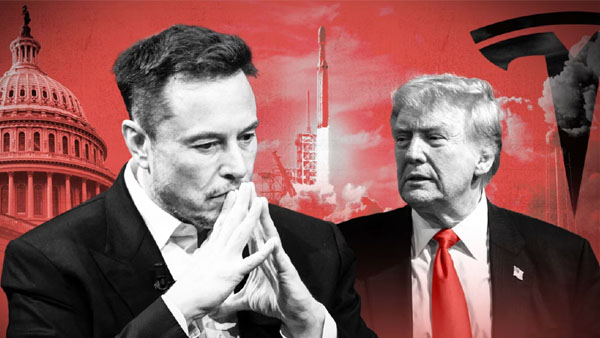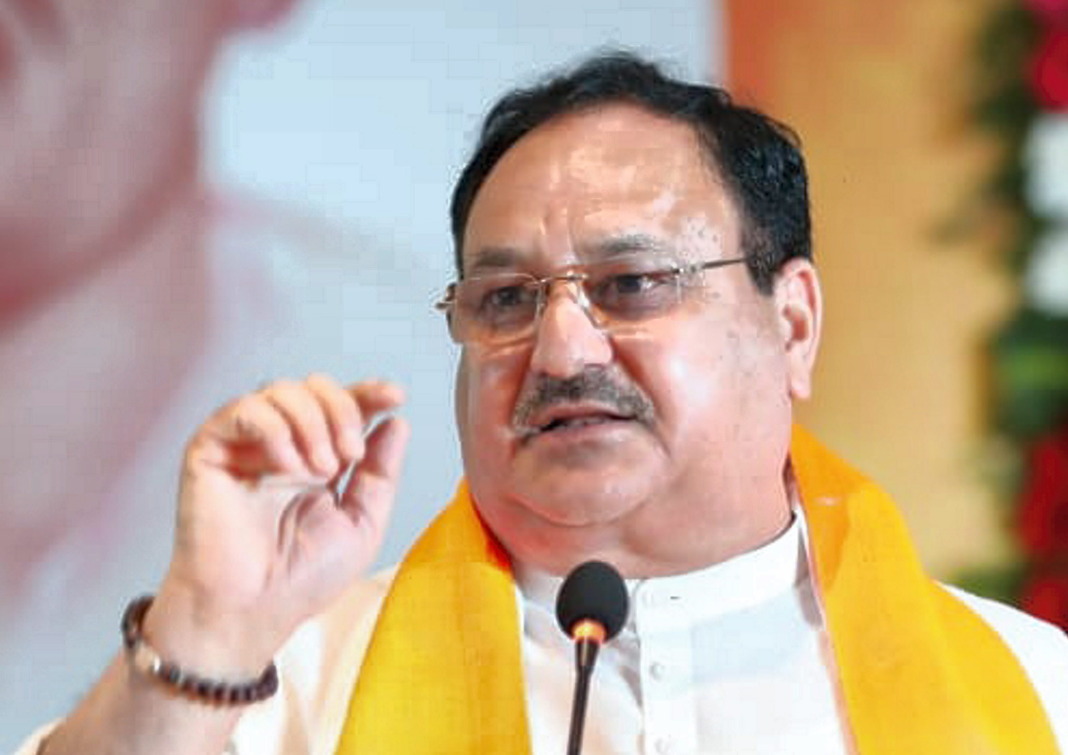By Dipak Kurmi
As Donald Trump assumes the presidency for a second term, India finds itself at a critical juncture in its relationship with the United States. Trump’s return to the White House, now accompanied by the unprecedented inclusion of Elon Musk as co-head of the newly formed Department of Government Efficiency (DOGE), signals a transformation in the dynamics of global diplomacy. This new chapter, marked by the convergence of Trump’s transactional approach and Musk’s disruptive influence, presents both challenges and opportunities for India, particularly in the earliest days of this administration. The first 100 days will serve as a litmus test for the trajectory of U.S.-India relations, determining whether they can evolve into a more equitable and strategic partnership or remain tethered to short-term transactionalism.
The Musk Factor: Disruptor in Diplomacy
Elon Musk’s appointment to a formal governmental role is as unconventional as it is symbolic of the current era. Musk’s influence spans industries critical to the future of global commerce and technology—electric vehicles, renewable energy, space exploration, and digital connectivity. His ventures, notably Tesla and Starlink, already have substantial stakes in India, though not without controversy. Tesla’s demands for tariff reductions on electric vehicle imports and Starlink’s regulatory challenges over spectrum allocation highlight the complexities of Musk’s engagement with India.
Musk’s dual role as a businessman and a policymaker adds an unpredictable layer to U.S.-India relations. His focus on ensuring that his business interests align with governmental policies could pressure India to make concessions that might not align with its domestic priorities. The unresolved issues surrounding Tesla’s market entry and Starlink’s licensing disputes exemplify the tightrope India must walk—balancing Musk’s expectations against its own industrial and technological ambitions.
For India, Musk represents both an opportunity and a challenge. His influence within the Trump administration could accelerate technological collaboration, particularly in renewable energy and EV sectors. However, Musk’s business-first philosophy might also amplify the transactional tone of U.S.-India relations, forcing India to recalibrate its strategies to protect its market and policy autonomy.
Key Appointments as Strategic Signals
The selection of a U.S. ambassador to India will be one of the earliest and most telling moves of the Trump administration. This appointment will reflect the administration’s priorities regarding India. A seasoned diplomat with expertise in Indo-Pacific strategies and countering China’s influence could indicate a stronger commitment to viewing India as a strategic partner. Conversely, a business-oriented envoy might signal a continuation of Trump’s transactional approach, focusing on trade imbalances and prioritizing U.S. economic gains.
India must prepare for either scenario. To strengthen its bargaining position, it must emphasize its indispensable role in maintaining stability in the Indo-Pacific, its growing economic clout, and its capacity to counter China’s regional dominance. Reinforcing its long-term strategic value could help India shape the narrative of its engagement with the Trump administration, regardless of the tone set by the new ambassador.
The Trade Terrain: Tariffs and Tesla
During Trump’s first tenure, tariffs became a dominant theme in his economic policies, with India frequently targeted for its trade surplus with the U.S. While issues like medical device pricing and import duties on American motorcycles grabbed headlines, the focus in this term might shift to Tesla and the EV market. Musk’s inclusion in the administration could amplify scrutiny over India’s tariff structures, particularly on luxury goods and advanced technologies.
India’s burgeoning EV sector presents both a challenge and an opportunity in this regard. While Tesla’s entry into the Indian market could bring technological advancements and investment, India must ensure that concessions, such as tariff reductions, are reciprocated with commitments to local manufacturing and knowledge sharing. A collaborative approach that prioritizes co-development and innovation could enable India to harness Tesla’s technological edge without undermining its domestic industry.
Additionally, Starlink’s role in satellite internet and digital infrastructure could become another contentious issue. India must balance its desire for advanced technologies with its need to protect digital sovereignty and market fairness, especially given the concerns raised by domestic telecom giants. Negotiating clear terms that encourage investment without compromising regulatory control will be key to navigating this terrain.
Strategic Alignment Beyond Transactions
India’s approach to Trump’s second term must be guided by a long-term vision that transcends transactionalism. While concessions on specific issues like tariffs or regulatory frameworks might be necessary to build goodwill, they should be accompanied by reciprocal gains that reinforce India’s strategic importance to the United States.
For instance, India could leverage its participation in the Indo-Pacific strategy to secure greater defense cooperation and technology transfers. Early discussions on emerging sectors such as cybersecurity, quantum computing, and artificial intelligence could position India as an indispensable partner in shaping the future of global technology governance. Simultaneously, India should seek assurances of continued U.S. support in multilateral forums and collaborations in climate change and renewable energy initiatives.
A Coordinated Advocacy Effort
Bilateral trade bodies like the U.S.-India Business Council (USIBC) and the U.S.-India Strategic Partnership Forum (USISPF) have a critical role to play in this evolving scenario. Historically, these organizations have often competed for relevance, diluting their collective influence. In the Trump-Musk era, their ability to present a unified front will be pivotal.
These bodies must advocate for balanced policies that promote mutual growth, resolve disputes like Tesla’s tariff demands, and ensure a level playing field for Indian companies operating in the U.S. Coordinated lobbying efforts can help streamline dialogues on contentious issues, such as digital infrastructure regulations and EV market access, while also promoting emerging areas of collaboration. By acting as a bridge between the two governments, these organizations can foster a more stable and enduring partnership.
A Test of Resilience
Trump’s second term, shaped by Musk’s influence, is set to redefine U.S.-India relations in ways that are both promising and challenging. The transactional tone that characterized Trump’s earlier presidency is unlikely to dissipate, but India’s growing economic and strategic importance offers an opportunity to reshape the partnership on more equitable terms.
The first 100 days of Trump’s presidency will set the tone for this relationship, offering critical insights into his administration’s priorities. India must approach this period with agility and foresight, leveraging its strengths to navigate policy shifts while preserving its autonomy and dignity.
By fostering direct, high-level diplomacy and emphasizing its role as a long-term strategic ally, India can build a resilient partnership that withstands the inevitable disruptions of contemporary geopolitics. With coordinated advocacy from trade bodies and a clear articulation of its national interests, India can turn the uncertainties of the Trump-Musk era into opportunities for growth and collaboration. In doing so, it can solidify its position not just as a transactional partner but as an indispensable ally in shaping the global order.
(the writer can be reached at dipakkurmiglpltd@gmail.com)




